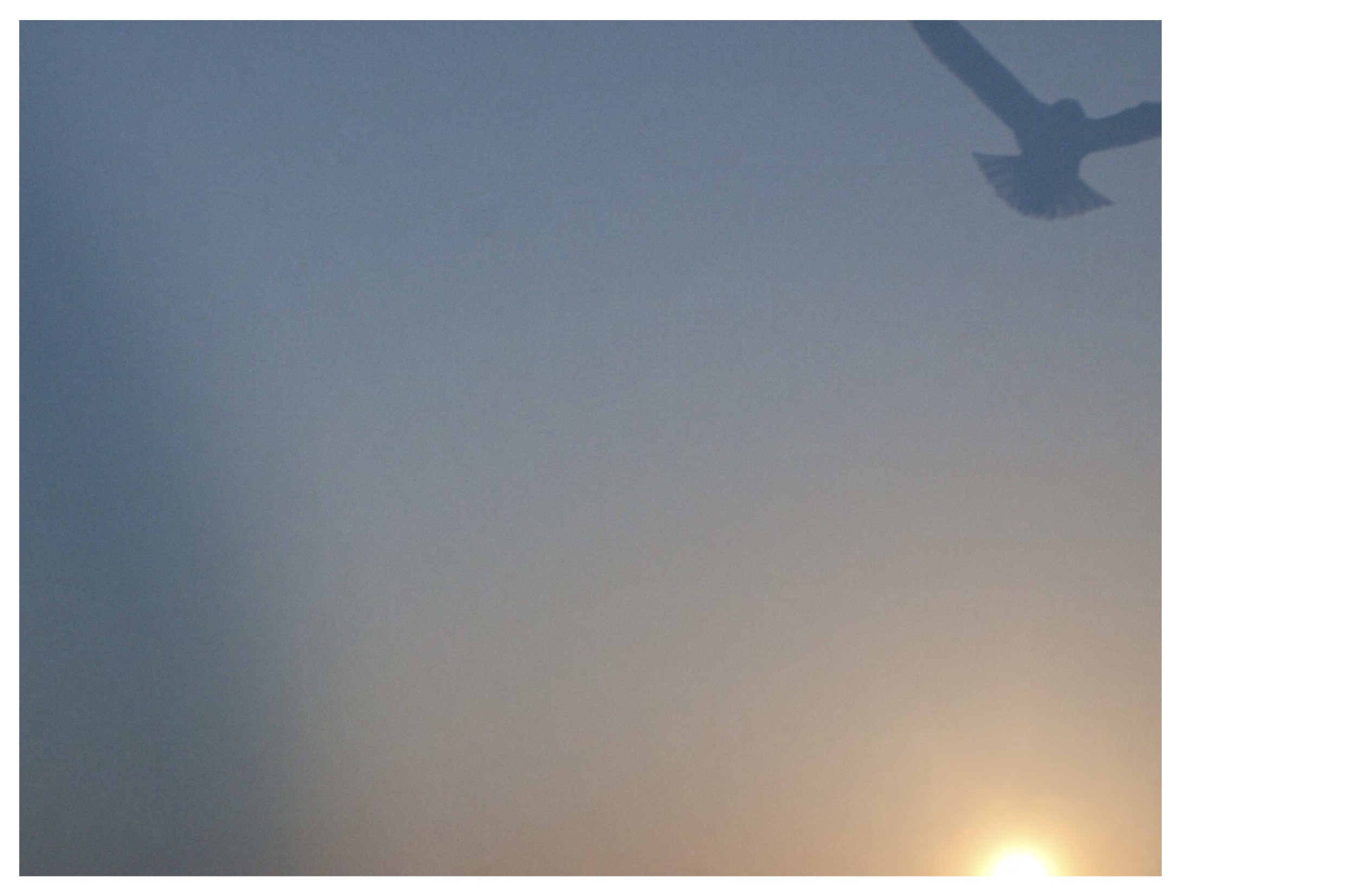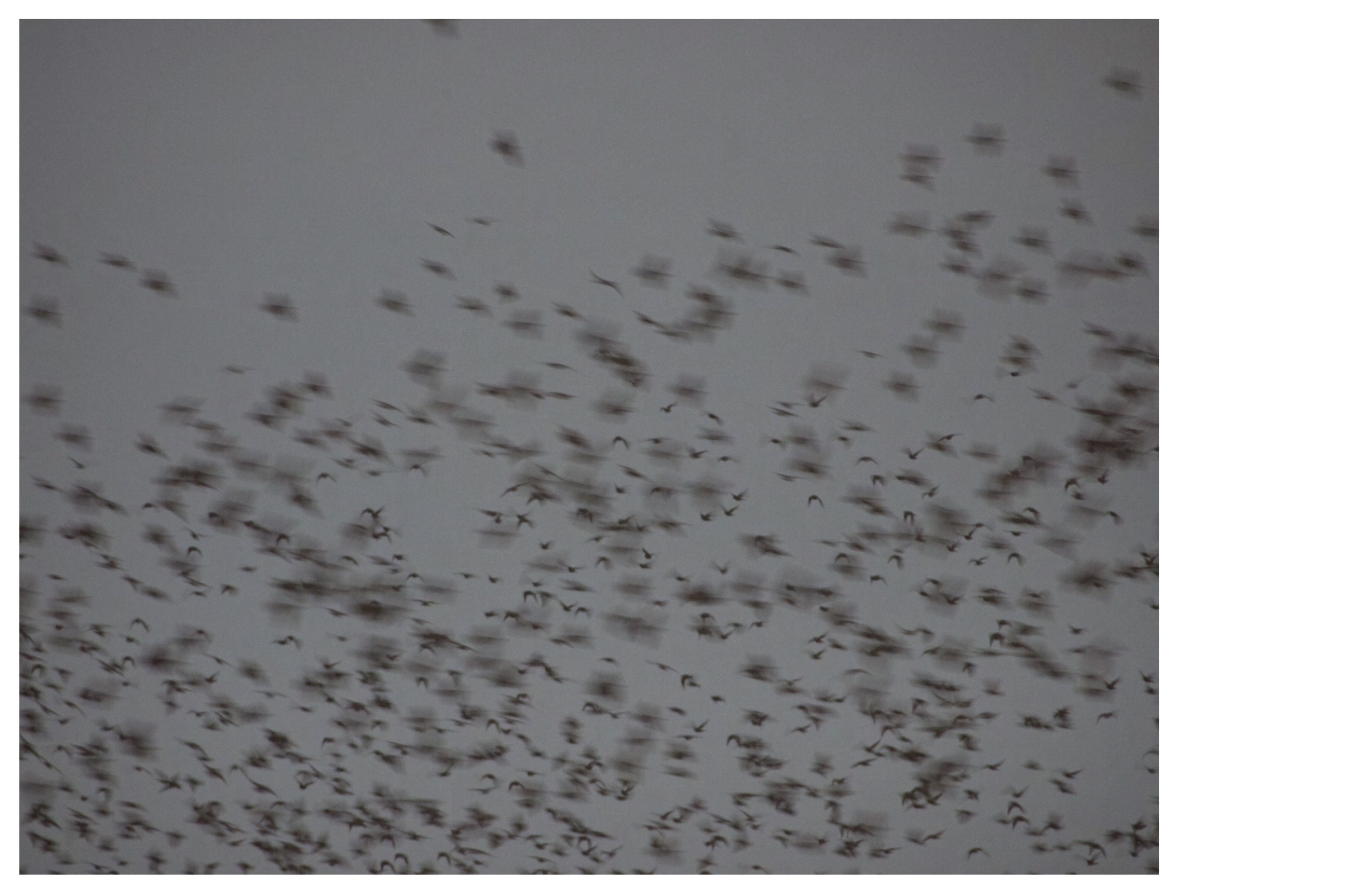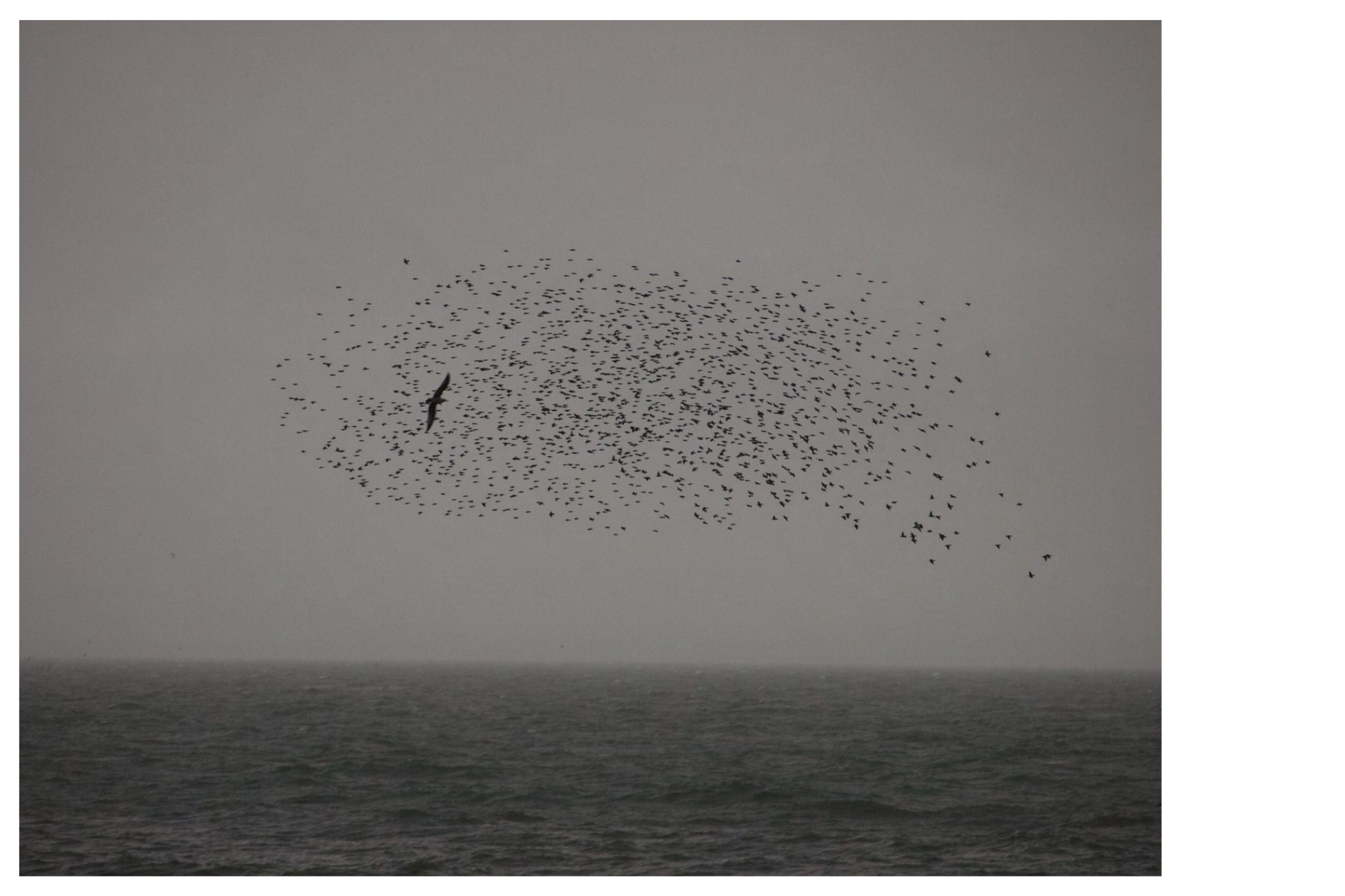The following is the last in a series of three conversations in which recent refugees reflect on material possessions. Read the first here and the second here.
PREFACE
What would you take with you if you were leaving home?
What would you bring if you knew you weren’t returning?
Clothes carry memories, tell stories of who we are or want to be. These tactile residues and symbols of the past help anchor us when we feel lost at sea. Because don’t we all go through life, one journey at a time, discarding some things along the way, keeping others?
The things we carry, what do they say about us?
For those forced by circumstance to leave the familiar behind, otherwise insignificant things often take on portentous meaning. An ordinary pair of sneakers becomes an emblem of a brother far away, a silver necklace connects you to your heritage, a winter coat bought cheap in a high street store has to double up as a duvet when all the beds at the nearest camp are full. Most of us don’t have to think about clothes like that; we focus on what makes us look good, or feel good. What makes us belong, or stand out. But for some, displaced by war or hardship, an everyday T-shirt, a pair of trousers or a scarf, turn into tangible material memories of times past, disappointments endured and victories won.
Reflecting our history, garments are sometimes said to be a second skin. They protect, from harsh weather but also from unforgiving looks. They help us fit in, when fitting in is a survival strategy. In the three stories that follow, how to navigate taste and identity when choice is severely limited, how to negotiate nostalgia for home with the practicalities of a new life and how to hold onto the things most dear to us while being constantly on the move becomes woefully clear.
Because the things we carry give us shape.
MOHAMMAD SAEED, AGE 22
Left Aleppo, Syria in 2013
Arrived in Bamberg, Germany in 2017
I arrived in Bamberg two months ago, and I have asylum for one year. They accepted me very fast. When I first arrived in Germany I stayed with my uncle for twenty days, and I was asking around about where the best place to get asylum in Germany was. My friends told me to go to Bamberg and so I did. I had to show my ID from Syria and they asked me many questions. You know, I spent three years in Turkey and one year and five months in Greece before coming to Germany so I know all the questions that the authorities will want to ask by now.
In Syria I was in IT. I was a manager at a company; I lived in Aleppo. When the war started, things got really bad in Aleppo. My family wanted to leave, but my job was in Aleppo so I told them, ‘If you want to go, go. I want to stay.’ My family were worried about me, but I knew how hard it would be to get a job anywhere else in Syria and I had to earn money for the whole family, so I couldn’t leave. My family went to Idlib, and I stayed alone in Aleppo for six months. It was very difficult. I was hurt in the war in my legs and my body, from bomb shrapnel. I had to stay in the hospital for four months. My family told me that they didn’t want me to stay in Aleppo anymore; it was too dangerous. We talked about it and decided that I would go to Turkey instead, but I was already thinking about eventually going to Europe. In Syria you have to go into the army, it’s very dangerous. They’re killing us you know.
I crossed illegally into Turkey with a friend so I didn’t take my passport, only a small bag of clothes. I had never been to Turkey before, and I didn’t know anyone there. I didn’t know where to find or buy anything and I took only the bare minimum. It was very difficult. Some people had no bag at all. When I packed I decided not to take anything valuable with me, nothing I couldn’t bare to lose. I took two of everything: two pants, two T-shirts, two pairs of shoes… I couldn’t take more. I took sneakers and winter shoes, because I went in winter. It was very cold; I had to be strong.
It took half an hour with a car to get from Aleppo to Kilis on the Turkish border. We hid when we got there and when there was a changing of the guards, we crossed. We had to go fast. We were about thirty people: men, women, old men, old women, children. Everybody. I stayed in Kilis for one year and five months; the company I had worked for in Syria offered me a job in Turkey. I loved my work but I had to leave because the pay was bad. I couldn’t support my family. My friend told me, ‘Come to Istanbul, I have a good job for you.’ So I did. In Istanbul I worked in a restaurant. It was the best restaurant in town and I was a waiter there. I worked twelve hours every day but I really liked Istanbul, it’s very beautiful. I stayed one year and five months there too. But Syrian people are not treated well in Turkey. They pay us very bad, less than Turks. Sometimes they tell us, after three or four months, ‘We have no more money to pay you. If you want to leave, you can leave.’ Turkish people don’t like Arabian people, especially not Syrian people. They say we take their jobs because we work for less. We just want enough to survive and send money home to our families, but Turkish people are not like that: they want more money to buy more things. In Turkey they tell us, ‘Why are you here? Why don’t you go back to Syria?’ But they don’t know – the government is killing us, Isis is killing us. We’re normal people: we don’t want war.
I had ID papers so I could stay in Turkey. But my papers were only good for staying in Turkey without being sent back to Syria. I couldn’t travel, I couldn’t work. I could only work illegally. But I had money and every week I would buy new clothes. I earned 2200 Turkish Lira every month so I could help my family too. I lived like a normal person in Turkey: I went to discos, I could drink with my friends. I was happy.
I left Turkey because it became very hard for Syrians there. I met many bullies. And also I wanted to study; in Turkey I couldn’t do that. I love studying; I want to go to university. I left Istanbul in March, with my cousin and my friend. I took what I liked the most, the rest I gave away to my friends in Turkey. This time I was ready for the trip: I took two jackets, two pants, two T-shirts, and shoes that were good for the water. It was cold so I also bought things that would keep me warm: a winter hat and boots. I had a proper bag this time. We took the bus to Izmir to cross into Greece. We found someone who could help us: we each paid him $800. It was about one and a half month’s salary, but I had money saved. The smugglers come from Syria, from Algeria, from Turkey, from Morocco, from all over. Some are very bad people; if you need help they won’t give it to you. All they want is money. We crossed the sea at night. It was winter and very cold. We didn’t talk to each other; we were all scared. We were forty people on a small, inflatable boat. It took us four hours to cross to Mytilene. A lot of people have died on those trips.
When we arrived in Greece we were told that the borders in Europe were closed. We had to wait. I learnt English while I waited, it took me three months to learn. I taught myself. I was in a camp for two and a half months; it was like prison. We weren’t allowed to leave, never. They closed the camp and we couldn’t even go one metre outside of it. We all shared a toilet, we slept in tents. If I wanted to wash my clothes, I had to wash them by hand. I wanted to change my clothes so bad. It was very cold and I didn’t have good clothes, but we weren’t getting any new ones. Everyday we said to each other, tomorrow we will be able to leave. Tomorrow we will have better food. Tomorrow will be better.
Finally they told me to go to Athens to be interviewed but I had to buy the ticket with my own money. In the interview I told them about my situation in Syria, about my leg, about everything. At some point they said to me, we will give your files to the EU and any country that wants to take you, we will send you legally. Oh I was so happy! I forgot all my worries. But the time passed and no country accepted me. I had no money. I had no hope. I had nothing. I was still in Athens, but the camps were full and wouldn’t take me. I had to sleep outside. I stayed for months like that. Four months after my interview I was told that my file had been sent to Switzerland but that they hadn’t accepted me. I was told that they wouldn’t be sending my file anywhere else. That was a very hard time. I was so angry, I felt all this time was for nothing. I saw new people arriving in Greece and getting their asylums fast, I don’t know why I had such problems. I was thinking to myself, ‘Oh my god, what do I do?’ I was thinking I need to get a job, but it took me six months to get one. Eventually I got a job as a tailor: I earned €10 a day. Step by step I started to feel better. I never give up you know.
At some point I was told that I could, maybe, get asylum in Greece but after that interview they told me I still had to wait, two months maybe more. I left the interview very angry and very sad. My friend Sara called me from France, and I told her what happened. She said she would help me. She asked me which country I wanted to go to, and I told her ‘England.’ I love this country. It’s very good for studying and for working too, but England doesn’t accept refugees. I did some more research, I asked my friends. For a while I thought about the Netherlands, but my friends told me that it’s good for studying, but not for working. There are no jobs they told me. Instead I heard that Germany was good, both for studying and for work. At first I didn’t want to go to there because everyone I know wants to go to Germany. I wanted to be different. But in the end, Germany was my best option so I told Sara that’s where I wanted to go. She sent me money so I could buy new clothes, a plane ticket and illegal papers. I got an Italian ID and I went to the airport. I have never been so afraid in my life; my heart died. The man who got me the ticket and my papers told me, ‘Maybe you will have to try two times, three times,’ but I said I will try once and it will work. I trust my gut.
At the airport I ran into problems. The alarm went off at the security check. I had something in my trouser pocket. The security lady told me to go back and take everything out. I had forgotten my lighter. Oh god. I went through the security check again, and again the alarm went off. The security guard was yelling at me in English, and there were people looking at me. I became shy. But I yelled back at her, ‘Why are you talking to me like that? Can’t you see I’m human too?’ I forgot to speak English, and I was yelling at her in Greek. When the security people heard me speak Greek, they changed. They told me, ‘Don’t worry, it’s ok. Go through.’ I got to Frankfurt the same day, and the first thing I did was to throw my Italian ID in the trash.
I still have all my clothes from Greece: I didn’t buy anything new yet. I have three T-shirts, three pairs of trousers, four boxers, two pairs of shoes, and socks. I brought one jacket too, even though I came in summer. But Germany is cold so the first minute I arrived I put it on. Here in Bamberg I dress like everybody else. I don’t want to look different or to stand out. I like everything simple and in one colour. I want people to look at me and think, ‘Oh Mohammad, he’s very handsome!’ [Laughs] I like jeans, black or blue, but I prefer linen trousers. I don’t like pants with windows, you know – it’s the fashion now. You don’t know what I mean? Windows! Like, openings? Everybody’s got them now. They show their legs. Oh my god. Show me photo.
[Laughs] Ah yes, holes! I really don’t like it! I know it’s the fashion, but – oh my god – I don’t like that. [Laughs] I don’t like T-shirts – I prefer shirts with collars – but I only have T-shirts now. I like the clothes I had to wear when I was at the IT company: I like to look like a manager. You know, I was manager before. I look at clothes a lot because I’m a tailor. For shoes, I like Nike the best, they are very original. I’ve been buying them for a long time, but I can’t always afford them. And for clothes, I like H&M and Zara. I like shopping very much: for clothes and for technology. I’m young you know! [Laughs] When I have money, I buy. If I don’t have money, I look. Sometimes I write down what I like and when I have money I come back to buy.
Clothes are very important because people always look at what you wear. They don’t think about who you are, they only think about what you wear. I don’t like it, but I accept it. When I dress up, to go to a restaurant or to work, people look at me well, but if I’ve just woken up and haven’t made an effort they will judge me. They look at me like I’m bad. I don’t really like my clothes now, but I have to wear what I have because I’m living in a camp. I have nothing left from Syria because I’ve moved so many times. I have clothes in Syria, in Turkey, in Greece, everywhere. The only clothes I miss are the clothes I was wearing when the bomb struck and I was hurt. I asked my mum to save them, and she did. One day I will come back for them.
This piece was created in collaboration with ‘An Unpredictable Expression of Human Potential,’ curated by Hicham Khalidi for Part of Act II, Sharjah Biennial 13, Tamawuj, Beirut, Lebanon 2017.
Anja Aronowsky Cronberg is Vestoj’s editor-in-chief and founder.
Rinko Kawauchi is a Japanese photographer.


